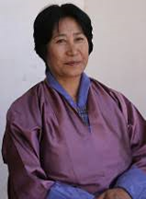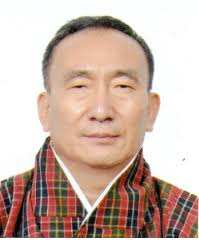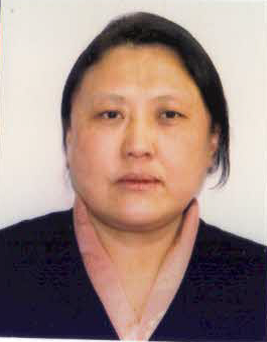Two of the Education Policy Objectives for the 9th Plan (2002-2007) were:
- develop a higher education system under the umbrella of a national university, and
- increase the literacy rate to 80% and establish a system of continuing lifelong education opportunity.
The Ministry of Education was formed from the erstwhile Ministry of Health and Education to meet these objectives. The Department of Adult and Higher Education, as one of the departments, has the mandate to oversee all aspects of tertiary education, non-formal education and adult education. The department shoulders these responsibilities with four divisions, namely: (1) Higher Education Planning Division, (2) Non-formal and Continuing Education Division, (3) Quality Assurance and Accreditation Division, and (4) Scholarship and Student Support Division. Divisions (1) and (3) have been bifurcated from the Tertiary Education Division as per the Tertiary Education Policy of the Kingdom of Bhutan 2010 in order to serve as the Secretariats to two bodies viz. Tertiary Education Board and Bhutan Accreditation Council respectively. The roles of the department are collectively geared towards facilitating efficient delivery of services for adult and post-secondary services. The department works in achieving the following vision, mission, core values and objectives:
Vision
Access, quality and sustainability of higher education and lifelong learning opportunities
Mission
- To enable participation of private individuals in providing tertiary education and facilitate institutions to endeavour in transforming Bhutan into a knowledge hub.
- To ensure provision for pursuit of quality tertiary education both within and abroad with systematic mechanism in place.
- To empower individuals for personal and professional development by enhancing continuing and lifelong learning opportunities.
- To create a pool of highly trained graduates and professionals that shall form the basis of national human capital.
Core Values
- Integrity
- Attitude
- Punctuality
- Team work
- Work knowledge
- Customer service
Objectives
- To improve access and sustainability of higher education;
- To improve adult literacy and lifelong learning;
- To improve relevance and quality of higher education;
- To improve efficiency and effectiveness of public service delivery.
Cognizant of the need for developing our higher education system, the Royal University of Bhutan (RUB) was established on June 2, 2003 under a Royal Charter issued on April 18 2003 on a system of federation of colleges. It has nine constituent colleges (College of Language and Culture Studies, Taktse; College of Natural Resources, Lobesa; College of Science and Technology, Phuentsholing; Gaeddu College of Business Studies, Gedu; Gyalposhing College of Information Technology, Gyalposhing; Jigme Namgyel Engineering College, Dewathang; Paro College of Education, Paro; Samtse College of Education, Samtse; and Sherubtse College, Kanglung) and two private colleges (Royal Thimphu College, Thimphu and Norbuling Rigter College, Paro). The RUB is responsible for the planning, research, funding, external relations, internal quality assurance, program validation, and award of degrees of its constituent and affiliated institutions.
The Khesar Gyalpo University of Medical Sciences of Bhutan (KGUMSB) was established in 2014 under an Act of Parliament to be a premier centre of excellence in medical education, research and quality healthcare. It has three faculties namely Faculty of Nursing & Public Health, Faculty of Postgraduate Medicine, and Faculty of Traditional Medicine – all in Thimphu. The Reldri Academy of Health Sciences in Phuentsholing is affiliated to the KGUMSB as a private college.
The Royal Institute of Management (RIM), established in 1990 through a Royal Charter, provides courses, training, consultancy, research and advisory services related to management and IT. It is an autonomous institution governed by its Board of Directors. The overall objective of RIM is to impart, promote, and improve professional knowledge and skills in management and public administration to enhance the efficiency and effectiveness of manpower, particularly at senior and middle levels.
The Jigme Singye Wangchuk School of Law (JSW Law) is the second autonomous institute established in 2017 through a Royal Charter. It offers a 5-year course in law leading to Master’s degree in the field.
The department has been headed by the following eminent educationists:
| Sl. No. | Designation and Name | Period | Photo |
| 1 | Director Nim Dem | June 2003- Dec. 2007 |  |
| 2 | Director Karma Yeshey | Jan. 2008- June 2012 |  |
| 3 | Director General Tshewang Tandin | July 2012- September 2016 |  |
| 4 | Director General Kesang Choden Dorji | September 2016 – 2021 |  |
| 5 | Director,T ashi Namgyal | August 2021 - Till Date |
